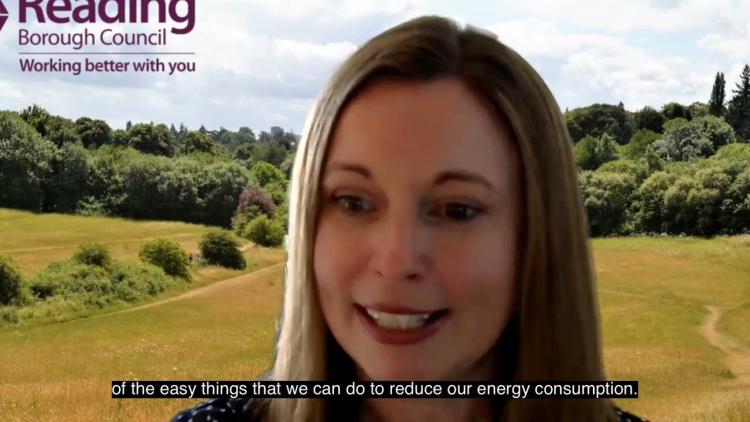Reading Borough Council's education property development officer shares energy efficiency success story

Helen Roberts, the education property development officer at Reading Borough Council, shared the impressive strides the council has made in improving energy efficiency across local schools.
Over the past decade, Reading has successfully implemented 132 projects through the Salix Recycling Fund, with 57 of these projects directly benefiting schools in the area.
The council has been on a mission to cut carbon emissions and slash energy bills, starting with something as simple as lighting.
Helen said: "We've come a long way since the early days of the funding."
We started by upgrading from T8 or T12 lighting fittings to T5s, and now, about 10 years later, we're replacing those T5 fittings with LEDs.
The impact of these lighting upgrades has been significant, not only in reducing electricity bills but also in enhancing the learning environment.
"Where we once had old, dusty diffusers and yellowing light, we now have much brighter, daylight-style fittings that create a far more pleasant atmosphere in the classrooms," she explained.
In addition to lighting improvements, the council has overseen numerous boiler refurbishments across schools.
These projects have included converting from oil to gas systems and upgrading to more efficient gas boilers.
Crucially, the council has also implemented advanced boiler controls, allowing for precise management of heating schedules and temperatures.
"We've worked closely with schools to fine-tune their heating systems," Helen said.
"This includes adjusting timings, reducing unnecessary heating hours, and accounting for evening lettings. We've even considered the lag times of heat retention in buildings to further optimise energy use."
Looking to the future, the council's ambition is to transition to low-carbon heat sources such as heat pumps.
However, it’s important to first address the basics.
To ensure these advanced systems are most efficient, there is a need to improve both the fabric of school buildings and their current energy consumption patterns.
The success of these initiatives has been made possible through collaboration between the council and individual schools.
Helen explained that schools have directly taken on Salix agreements, repaying the savings achieved from reduced energy bills.
This approach has allowed for a more comprehensive improvement strategy, combining council-funded projects with Salix-supported initiatives.
Throughout the process, Reading Borough Council has maintained a close working relationship with Salix, benefiting from regular meetings with their partner manager.
This collaboration has enabled the council to track project progress, assess investment returns, and plan future programmes effectively.
As Reading continues to lead the way in school energy efficiency, Helen's insights offer valuable lessons for other local authorities looking to make similar improvements.
The council's success story demonstrates the significant impact that can be achieved through strategic planning, collaborative efforts, and a commitment to long-term sustainability in education infrastructure.



